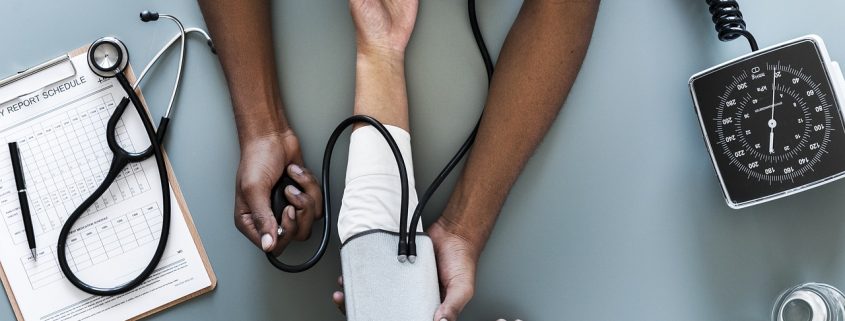Medical Bills After a Car Accident
One of the biggest stresses that any individual faces after a car accident is mounting medical bills. When you’ve been hurt, whether in a motorcycle accident or a car crash, medical bills can quickly mount. Sometimes, even a simple ambulance ride to the hospital can produce an astronomical bill for a client to pay.
Every case is different, and you should definitely consult a personal injury attorney about how to handle your medical bills after an accident. However, here are three general tips that can help you navigate the process.
- Your bills should be paid by your insurance.
Yes, that’s right. Your insurance covers your medical bills up to a certain amount. This is called Personal Injury Protection or “PIP” coverage. Your insurance will have an obligation to cover you up to a certain amount of money. You can check your own Declaration Page to find out how much PIP coverage your insurance carries. When you go to a doctor or a hospital, you will have them submit their bills directly to your car insurance. This is true whether or not you have health insurance and is also true even where the other party is at fault.
Sometimes people are confused by this idea. They say “If the other person is at fault for the accident, why does my insurance have to pay?” This is an understandable question but the short answer is that the Commonwealth of Pennsylvania, by statute, has declared that all insurance providers must pay your medical bills up to a certain amount (variable by policy) to ensure that no one is left without coverage in the event that they are hit by someone who does not have sufficient insurance. So, tip one is to have your medical providers present your car crash related medical bills to your PIP provider.
- Don’t be a “tough guy”: Get Treatment
Many times, people try to be tough after an accident. They say “I don’t need any medical treatment,” or “It’s no big deal. I’ll just get over it.”
After a car accident, it’s very important that you get treatment.
Sometimes, the adrenaline of a car accident and the rush that can come as a result, will cause the victim to overlook injuries and can suddenly feel how much pain they were in that was initially hidden. In other words, don’t be afraid to go get things checked out.
Injuries can reveal themselves over time. Soft tissue damage can be hard to detect. Even serious injuries resulting from a car accident or motorcycle crash can lie below the surface and require treatment. This is one of the only times in life that you can have your medical bills paid entirely by someone else, without even a co-pay—so go see your doctor.
Furthermore, you have a limited amount of time—known in the law as the statute of limitations—within which to bring a claim and to have your injuries paid for by your insurance company or the other person’s insurance company. So, don’t be a tough guy, and go get treatment after your car crash. Once the doctor clears you, then you know you’re fine. But, at least then, you’ll have the confidence to know that there are no serious issues lingering and waiting to raise their ugly head in the future.
- Keep Track of Your Providers
Sometimes, car accident attorneys, like those here at the Cornerstone Law Firm, will meet with a client and ask them where they’ve been treated. The client will say, “I don’t know where I was treated. I just went to wherever the first doctor told me to go.” They may have to dig through piles of records to figure out who it was that they went for a specific type of treatment. Although you can figure it out, it can take some time to track all of your medical providers down. So, keep a list of your providers handy. When you go to an appointment, write down the provider’s name on a separate sheet of paper. Who they are, the reason for seeing them, and how many times you went back. This type of information will be very helpful to your personal injury lawyer in pursuing your claim later. Even if you decide not to pursue your claim, keeping track of providers can be helpful for the future in helping your doctors determine where else they might be able to obtain records.
Conclusion: your medical bills tell a story
After a motorcycle crash or a car accident, your medical bills will mount, but they are important. They tell a story of what you’ve been through, the injuries you’ve suffered, and how you’ve managed to overcome those injuries. If you have questions about your car accident or motorcycle crash, call the personal injury attorneys at the Cornerstone Law Firm today to discuss how we can help you to confront your new normal.



